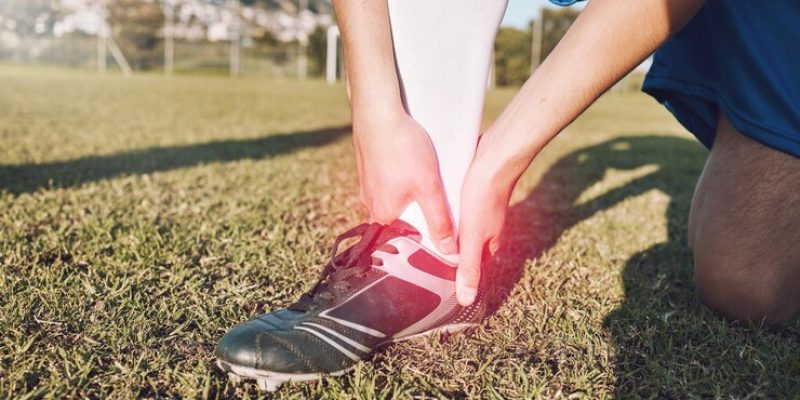Sports Medicine


Details
READING TIME
3 min
CATEGORY
Blog
AUTHOR
Dr. Anshu Shekhar (Orthopaedic Surgeon)
TOPIC
Sports-Related Meniscus Tears and Surgical Treatment
Sports-Related Meniscus Tears and Surgical Treatment
Sports enthusiasts often push their bodies to the limits, participating in rigorous activities that can sometimes lead to injuries. One common injury that athletes face is a meniscus tear, especially in sports that involve sudden stops, twists, or pivots. In this blog, we'll delve into the intricacies of sports-related meniscus tears, their causes, symptoms, and the surgical treatment options available.
The Meniscus: A Crucial Knee Component
Before delving into the specifics of meniscus tears, let's understand the role of the meniscus in the knee. The knee joint is comprised of various components, and the meniscus is a C-shaped cartilage structure that acts as a cushion, providing stability and reducing friction within the joint. Each knee has two menisci – one on the inner (medial) side and another on the outer (lateral) side.
Causes of Sports-Related Meniscus Tears
Meniscus tears are common in sports that involve sudden and forceful movements. Some of the primary causes include:
- Twisting or Pivoting: Sports that require rapid changes in direction, such as basketball, soccer, and tennis, can lead to meniscus tears when the knee is forcefully twisted or pivoted.
- Sudden Stops: Abrupt stops or changes in speed, as seen in sports like football or rugby, can put excessive stress on the knee, potentially causing a meniscus tear.
- Direct Impact: A direct blow to the knee, often seen in contact sports like wrestling or martial arts, can result in a meniscus injury.
Symptoms of Meniscus Tears
Identifying the symptoms of a meniscus tear is crucial for timely intervention. Common signs include:
Pain and Swelling: Persistent pain and swelling, especially on the side of the meniscus tear, are typical symptoms.
Limited Range of Motion: Difficulty fully extending or flexing the knee may indicate a meniscus tear.
Joint Locking or Catching: Some individuals may experience a sensation of the knee locking or catching, particularly during movement.
Recent Posts
About Us
We at Sushrut OrthoPlastic Clinic always strive to provide the best possible medical treatment to our patient aiming to achieve the highest possible success rate.
Our Customers
Quick Contacts
- Indravati Colony Chowk, Canal Linking Road, Raipur. PIN 492001.
- Phone : +91 6264411337
- Email : sushrutorthoplastic@gmail.com
Quick Location
- Developed By Online B2B Digital Technology © 2024 – All Rights Reserved
